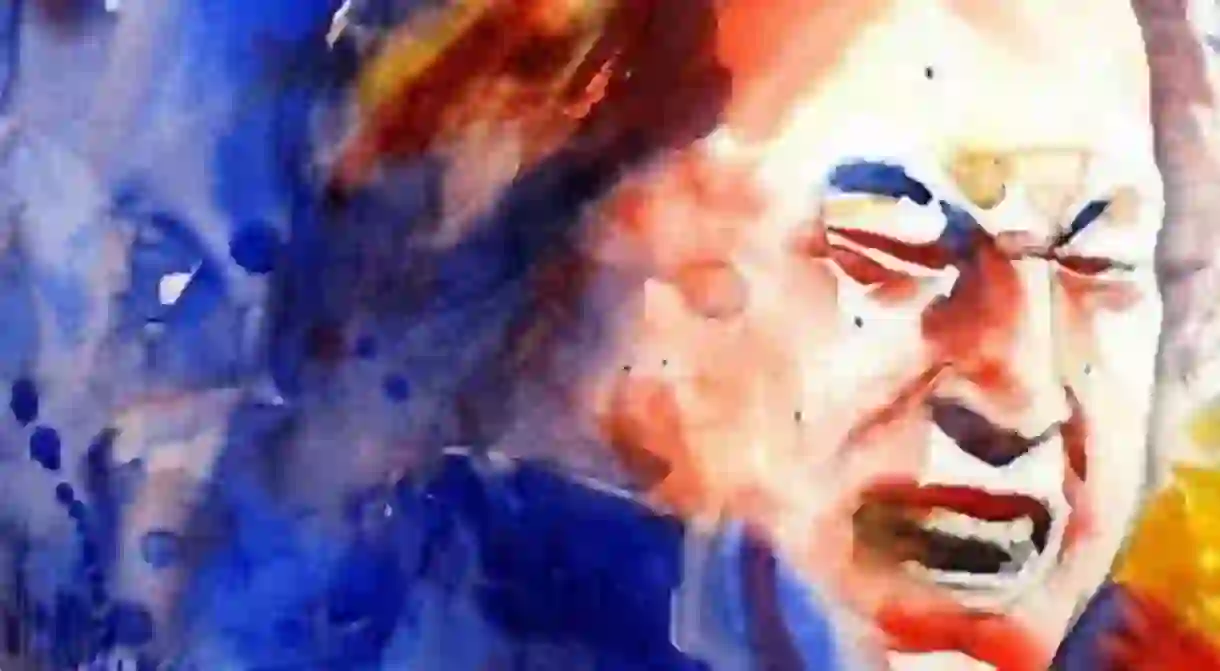An Introduction To Sufi Music On The Indian Subcontinent

Sufism is a dimension within Islam that seeks the divine truth and knowledge by deepening one’s relationship with the Creator. It is believed that the word ‘Sufi’ has its origins in the Arabic word ‘suf,’ or wool, referring to the garment worn by the original practitioners of this faith. Sufi traditions first entered the Indian subcontinent during the early rule of the Delhi Sultanate. Modern day Sufism is most popularly and widely known for its poetry and its music, with songs that attempt to unite the musician and the listener with the Divine. Sufi singers often perform poetry, thus, leading to multiple versions of the same song; this also means that it is often worth your time looking up the meaning of the lyrics of these songs. The following is an introduction to Sufi music on the Indian subcontinent through eight songs in no particular order.
‘Tajdar-e-Haram’
This song was composed by Maqbool Ahmed Sabri and originally performed by the Sabri Brothers. This is a Qawwali in Urdu, Persian and Arabic. Qawwali is a sub-genre of Sufi music that is unique to the subcontinent. The version in this article is a tribute paid by Atif Aslam to the Sabri Brothers in Coke Studio.
You can find the lyrics with the translation here.
‘Soz-e-Ish’
This song is performed in Coke Studio by Abida Parveen, one of the most popular Sufi singers.
You can find the lyrics and the translation here.
‘Chhap Tilak Sab Cheeni’
Two Sufi greats, Abida Parveen and Rahat Fateh Ali Khan, come together to create this beautiful version of the Qawwali composed by the 14th-century poet, Amir Khusro.
You can find the lyrics and translation here.
‘Lolee’
Performed by Mame Khan, with a tidbit from the master himself on what Sufi music means to him. Mame Khan is a singer of the Manganiar community of Rajasthan that places an emphasis on musical training. His style mixes Sufi and Rajasthani Folk, evolving into something quite different and yet with the same soulful vibe of traditional Sufi music.
‘Bismillah’
Performed by Salim-Sulaiman, Kailash Kher and Munawar Masoom in Coke Studio, this is a Sufi-influenced composition.
A rough translation can be found here.
‘Tu Mane Ya Na Mane’
Performed by the Wadali Brothers in Coke Studio, this is a Sufi love song.
A rough translation can be found here.
‘Aafreen Aafreen’
Performed by Nusrat Fateh Ali Khan, arguably the most widely known of the Sufi/Qawwali/Ghazal singers on the subcontinent.
You can find the lyrics and translation here.
‘Mann Kunto Maula’
A live performance by Nusrat Fateh Ali Khan, beginning with a short explanation by the Ustad. Once again, a composition by Amir Khusro that has multiple versions.
A rough translation can be found here.
Sufi music has a rich history, originating from the practice of Sufism in the Middle East to its various manifestations on the Indian subcontinent. The work of Sufi poets is alive to this day, passed on from generation to generation. For more music, look at the extensive work of all the artists mentioned here, both the singers and the composers.













